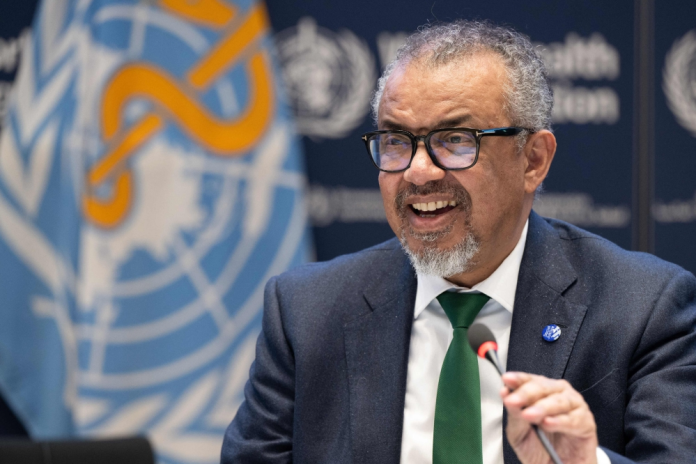World Health Organisation member states finalised a legally binding agreement to strengthen global defences against future pandemics, Reuters reported.
The accord, reached after three years of tense negotiations, seeks to rectify systemic failures exposed by COVID-19 while addressing stark inequities in vaccine and treatment access.
After more than three years of intensive negotiations, WHO member states took a major step forward in efforts to make the world safer from pandemics.
The pact marks only the second binding agreement in WHO’s 75-year history, following the 2003 tobacco control treaty. Its cornerstone provisions include mandating 20% of pandemic-related medical production be allocated to WHO, establishing technology transfer mechanisms to boost local manufacturing in developing nations, and granting WHO oversight of critical medical supply chains.
The agreement notably bypasses US participation, as the US President Donald Trump administration continues its withdrawal process from the UN agency.
Negotiators spent marathon sessions resolving Article 11 disputes over knowledge-sharing with lower-income countries. The breakthrough requires pharmaceutical firms to reserve 10% of pandemic vaccines/therapeutics for donation, with another 10% available at “affordable prices.”
The deal now faces final approval at May’s World Health Assembly, though contentious annexes on pathogen data sharing remain unresolved. As global health funding dwindles, experts also warn that implementation will test nations’ commitment to prevention.
